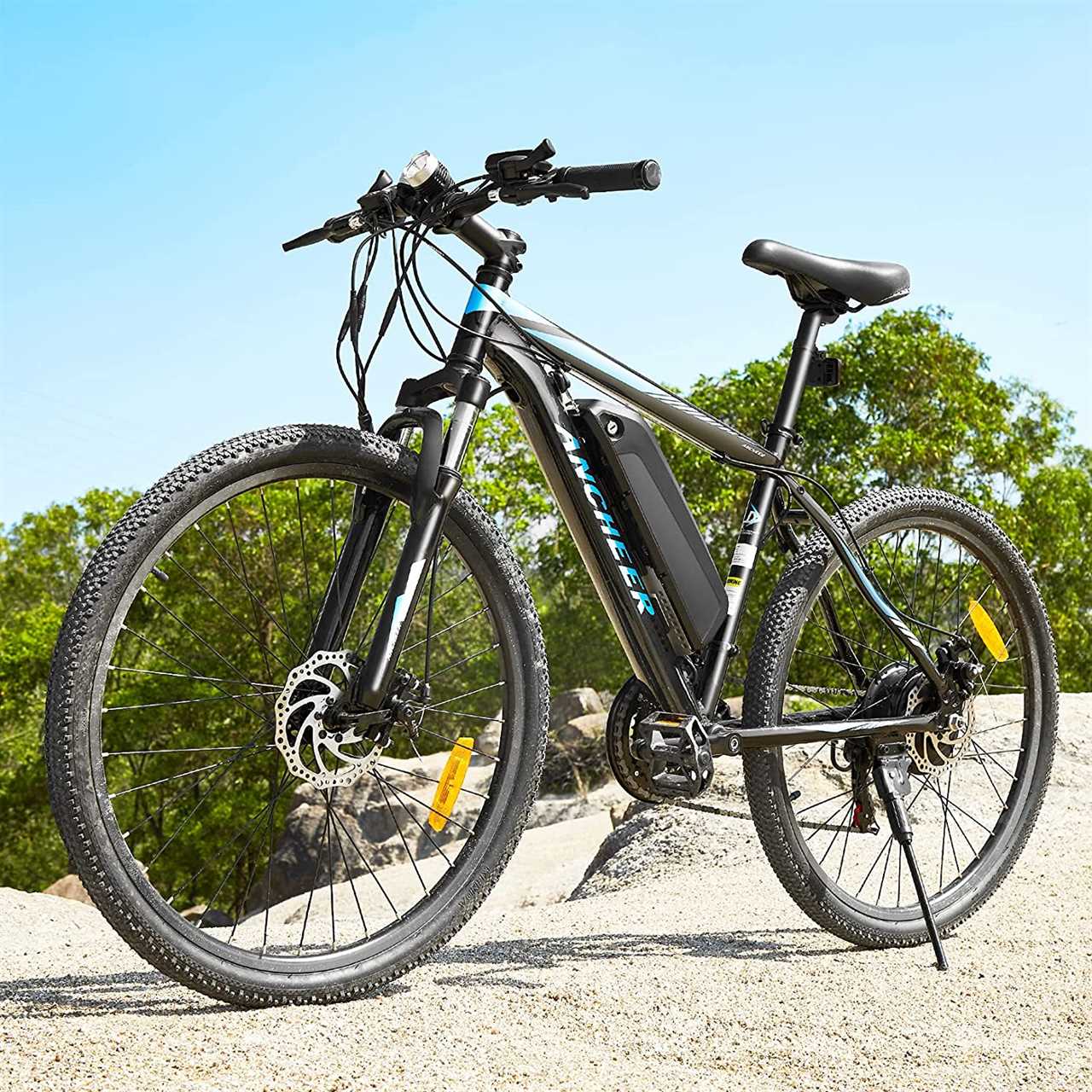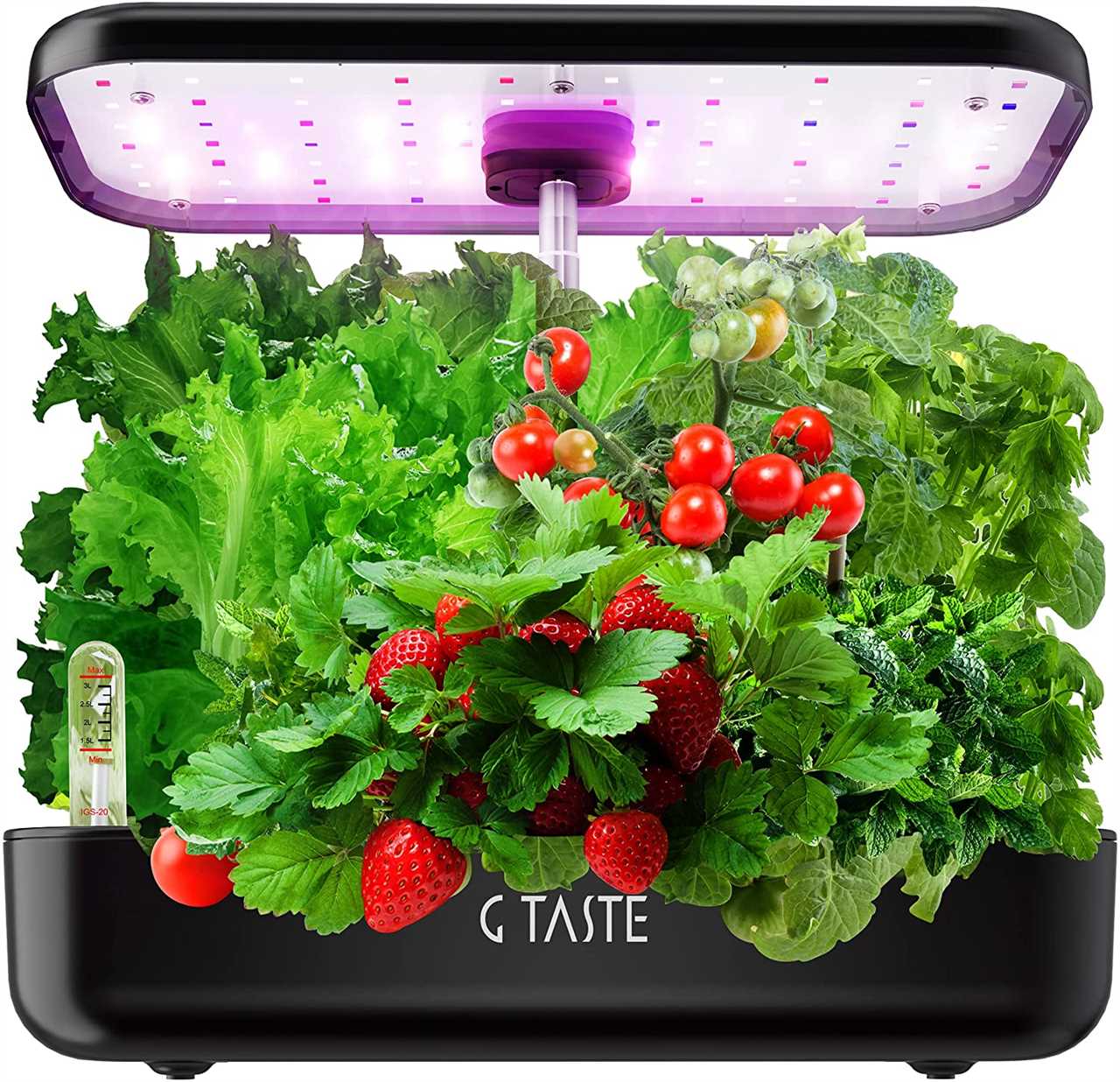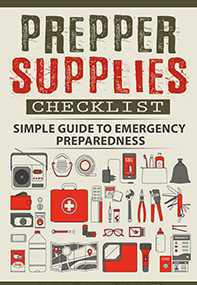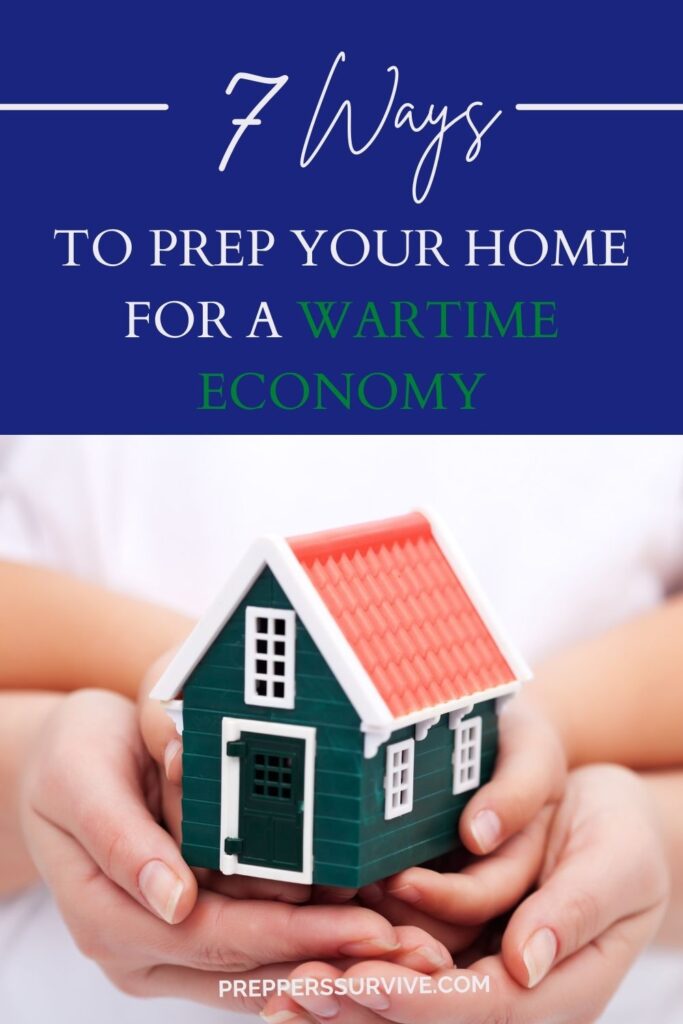By the end of 2021, we experienced two new variants of the COVID pandemic (Delta & Omicron); home prices have soared to a 19.9% increase in value, and there has been a decrease in housing inventory. We experienced a 7% increase in inflation, a shortage of microchips affecting the supply of home appliances and electronic gear, favorite food items randomly going missing from stores periodically, coin shortages at local retailers, and emergency preparedness gear out of stock.
We see photos of destruction in Ukraine and war stories filtered through our news feeds. Our fuel prices are soaring, and food prices continue to climb. It can have a frightening effect! The U.S. has placed “severe sanctions” against Russia for attacking Ukraine. We can only speculate how Russia will respond and how these sanctions will affect the U.S. economy. Russia’s top exports are wheat, crude oil, natural gas, precious metals, fertilizer, and metals (iron, steel, copper, aluminum).
It brings to mind questions like: am I prepared for higher prices, grain shortages, stock market fluctuations, or a host of other things.
If you have been prepping (gathering food storage and stocking away other essential survival gear), then it’s possible that YES, you are prepared for whatever the future holds. Will there be some inconveniences – SURE – but that is life! It is important not to get caught up in doomsday headlines. Here are several ways to prep your home for a wartime economy and feel some measure of control during uncertain times.
Prepping Your Home for a Wartime Economy
1. Consider Ways to Use Less Gas
With sanctions on Russia, it is widely believed that we will continue to see fuel prices race upwards. We use gas in our cars, trucks, RVs, generators, and lawnmowers. A hefty increase in prices can devastate a household’s budget. Make simple changes now before you feel the hurt in your pocketbook. Meal plan and take one trip to the store a month instead of going once a week. Many preppers are trading in their gas-guzzling RVs for small Teardrop Trailers. Electric bikes are another way you can minimize fuel costs. Last year my household gas budget was $180 (I know that is much lower than most US households). I’m making budget adjustments now as prices continue to climb.

2. Stock Up On Grains
Did you know that Macaroni and Cheese were very popular during WWII? When dairy was rationed and in short supply during the war, a box of Mac & Cheese satisfied people’s cravings for the taste of cheese. Are you into sweet, spicy, crunchy, cheesy, chocolatey, or salty? Make sure you have some basic food staples stocked away, plus some foods that will curb a craving. I’ve been stashing a few boxes of brownies.
Russia is the #1 exporter of wheat, and as you know, pasta and brownies are made of wheat. It was hard to find bulk food items during the start of the pandemic; most suppliers were sold out. Currently, most have restocked their inventory. Living off food storage is one way to cut costs when inflation takes a more significant chunk out of one’s paycheck.
3. Grow What You Can
Do you know which country the largest exporter of fertilizer is? You guessed it, Russia! And they currently have a ban on exporting ammonium nitrate (fertilizer). This affects farmers worldwide, which drives the price of food up! It also increases the price of American fertilizer because of the international demand.
Food production costs have increased due to a shortage of parts, packaging, and fertilizer. It has been cheaper to buy produce at the store rather than grow it – after paying for the seeds, fertilizer, garden box, pesticides, tools, etc. However, inflated food prices may soon change this reality.
In World War I and II, governments encouraged people to plant Victory Gardens. It is estimated that 40% of produce in the United States was grown in backyards and next to churches.
Consider planting a fruit tree, start collecting gardening seeds, get serious about a vegetable garden, add an indoor herb garden, sprout seeds in a jar, start a mini mushroom farm, and learn more about hydroponics growing systems.

4. Look into Preserving Food
Have you tried your hand at making jam, juice, or dehydrated snacks? It is a great hobby to start and may pay dividends in the future. There are a variety of ways to preserve food, such as freeze-drying, canning, freezing, and dehydrating. Some can cost little to no money, like learning to dehydrate produce using the sun.

5. Have an Alternative Heat Source for Your Home
Natural gas prices have been relatively low (below $6). The cost now is $4.31 as of Feb 15, 2022, up from $2.84 in February 2021. That is a 50% increase before the war in Ukraine was announced, leaving natural gas uncertain. It’s never been more prudent to own an indoor safe portable propane or kerosene heater as an alternative heat source.

6. Improve Your Bug Out Bag
The financial sanctions world leaders are making against Russia are a decisive blow to the wealth of its economy. Russia’s stock market is closed! President Biden landed the heaviest blow by cutting off Russia’s ability to foreign exchange transactions using US currency (80% of their transactions). US banks are more secure; our dollar is worth more and is more stable. Who knows how President Putin will respond.
Have a bug-out bag for each family member, just in case. If everyone already has a bag, then update them. Rotate the food, batteries, pepper spray, and clothes (if you’ve changed sizes). Replace cheap survival gear with better equipment if you can. Decide where you would go if you needed to flee your home – Red Cross shelter, out-of-state family, or a favorite camping spot. Have a list of bug-out locations, out-of-state family and friend addresses, and phone numbers.

7. A List of Supplies
No one wants to be clamoring for the same scant supplies as their neighbors if World War III breaks out. What items would help you provide for your family if the worst happens? There is plenty of evidence depicting upcoming supply shortages and inflated costs of goods. Whenever a situation threatens vital everyday supplies, it impacts our freedom. When we move toward self-reliance, we limit the helplessness that comes with volatile markets. Self-reliance allows one the freedom to act or not act as your conscience dictates. Instead of acting in whatever is necessary to provide for your family’s needs. Self-reliance is a prerequisite for freedom. Now is a good time to prepare! Get or make a list of emergency supplies that would come in handy in the event of a disruption in the supply chain.

Thanks for visiting Preppers Survive. Before you leave, subscribe to our newsletter. If you enjoyed this article, Prepping Your Home for a Wartime Economy, please share it on your favorite social media.

The post Prepping Your Home for a Wartime Economy appeared first on Preppers Survive.
By: PreppersSurvive
Title: Prepping Your Home for a Wartime Economy
Sourced From: www.prepperssurvive.com/prepping-your-home-for-a-wartime-economy/
Published Date: Fri, 01 Apr 2022 23:13:40 +0000
-------------------------------------------------------------------------
 CampingSurvivalistHuntingFishingExploringHikingPrivacy PolicyTerms And Conditions
CampingSurvivalistHuntingFishingExploringHikingPrivacy PolicyTerms And Conditions
